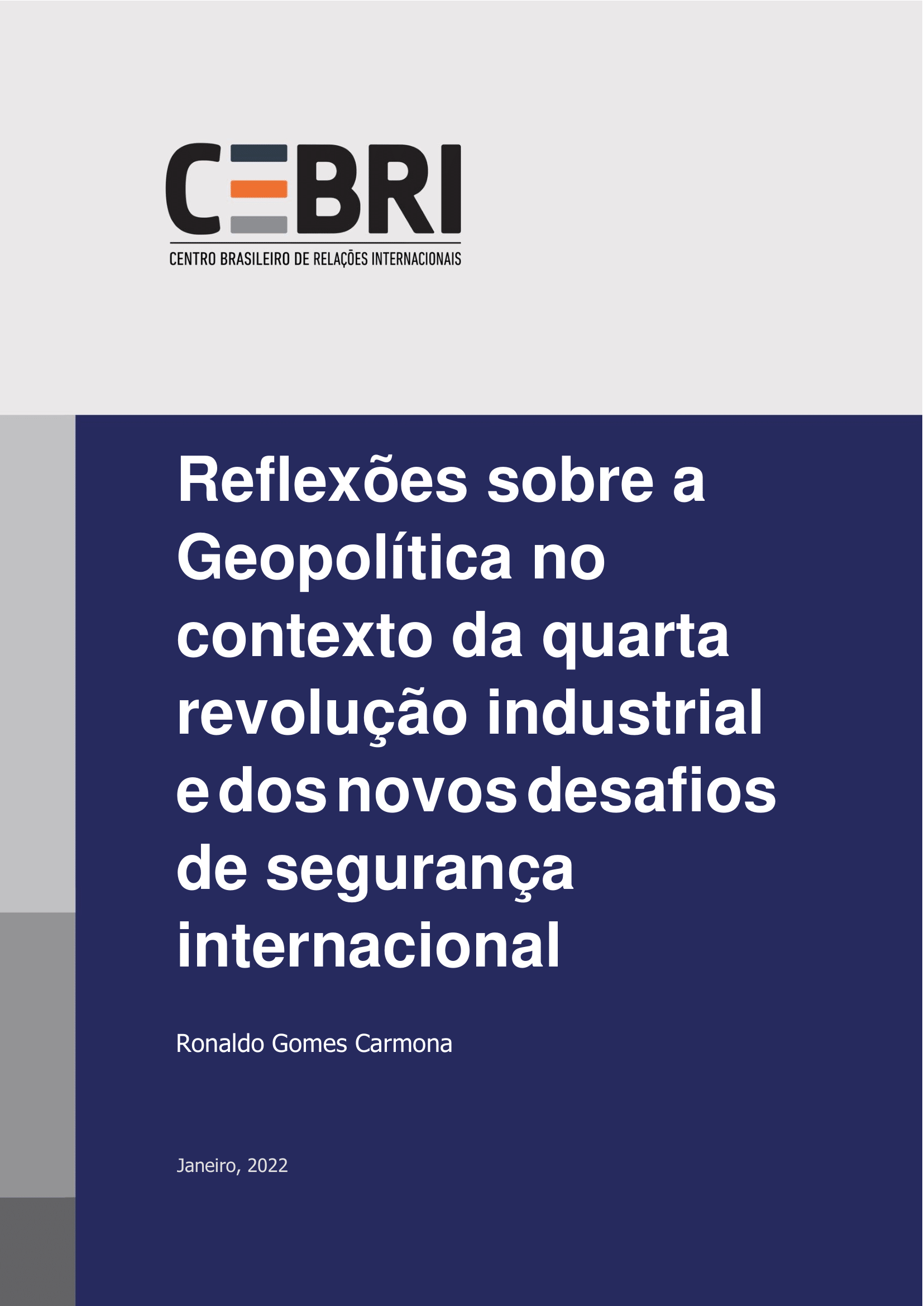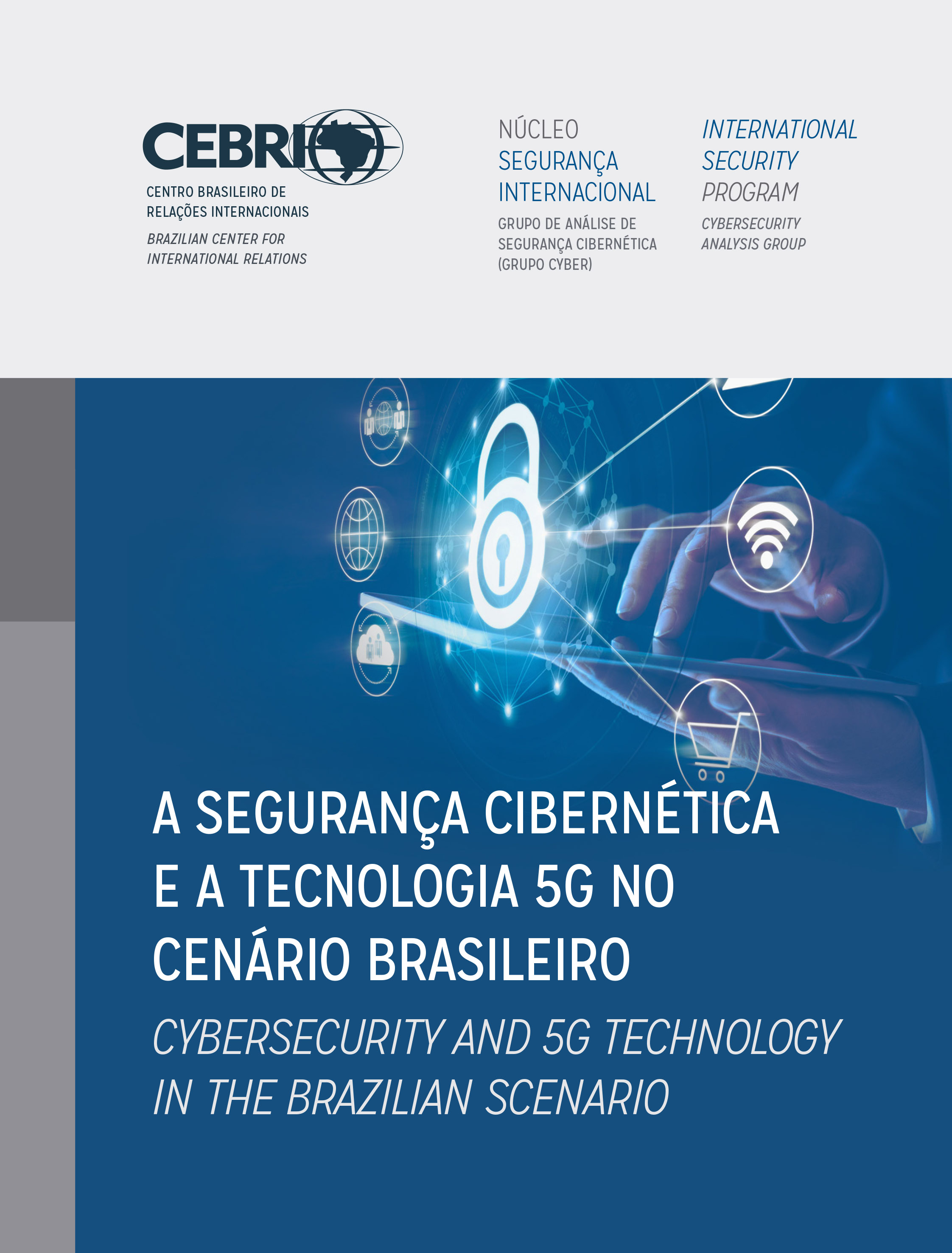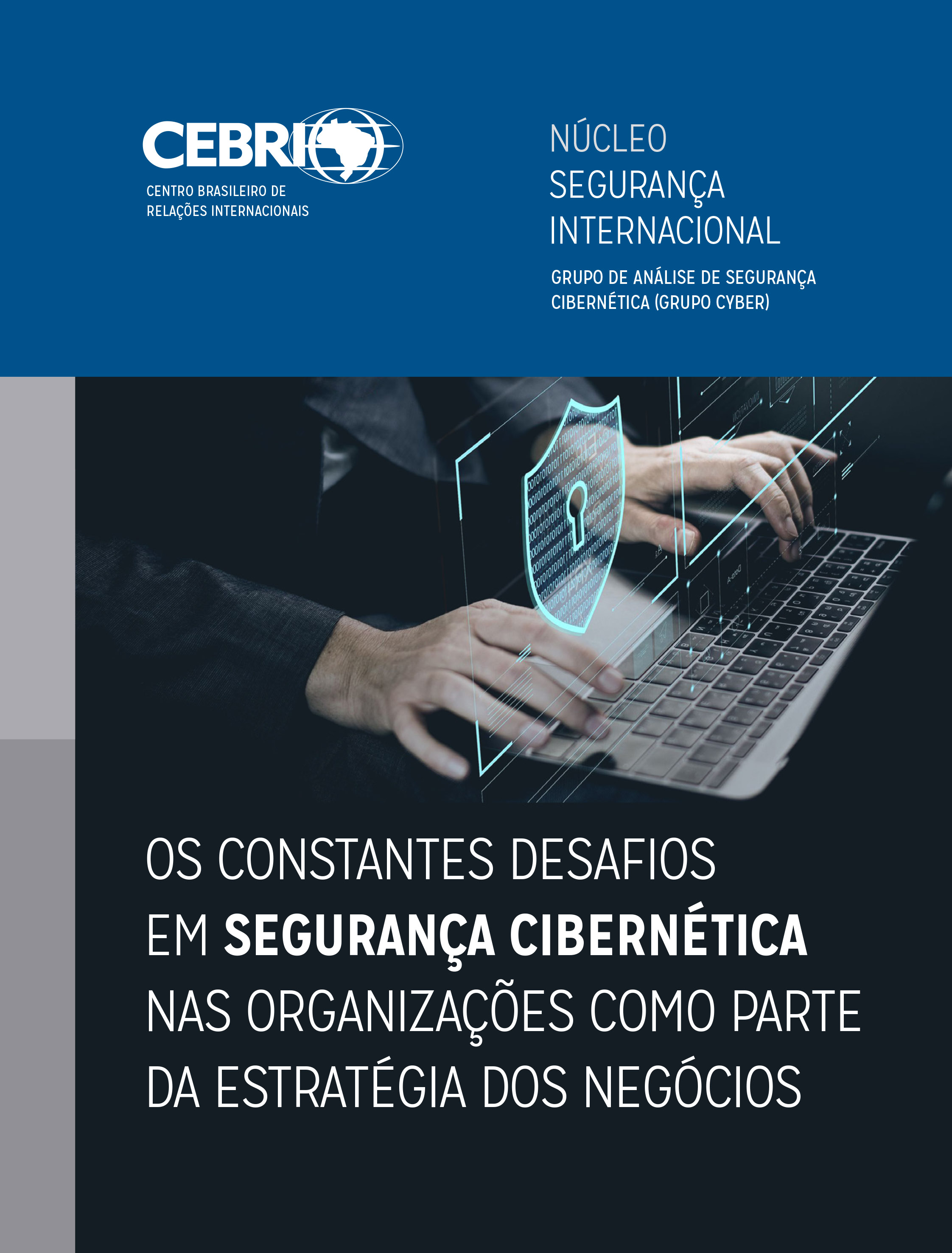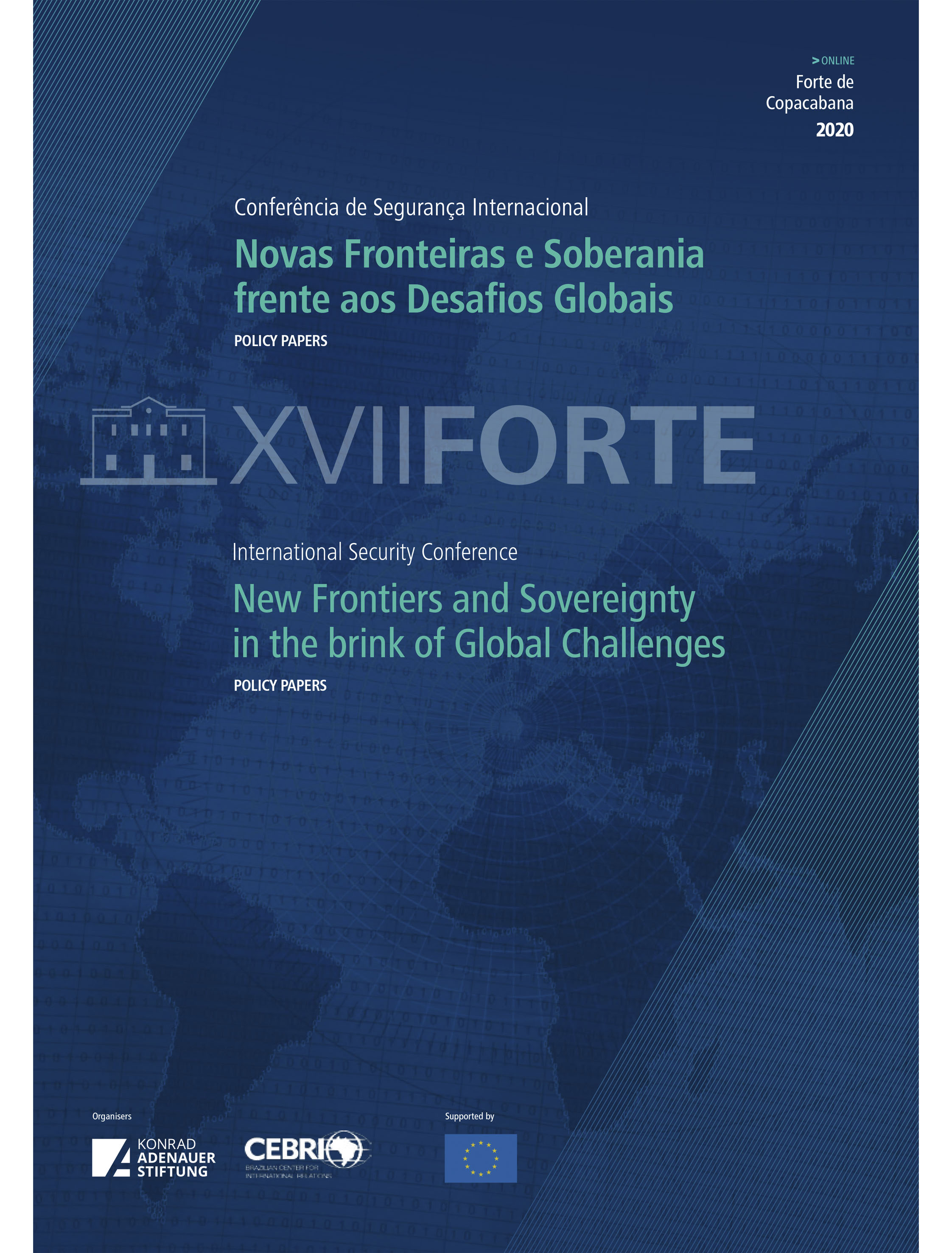Policy Papers
Does No War Mean Peace? | International Security Strategies in a New Geopolitical World Order
- Security
- 31 august 2021
The publication of the book Policy Papers - International Security Conference follows the successful trajectory of the Forte de Copacabana International Security Conference. It is a bilingual edition, with contributions from experts or practitioners in the field of international security. The Policy Papers aim at identifying challenges and presenting policy recommendations for the future.
This edition includes 14 papers addressing some of the main topics related to international security strategies in the new geopolitical world order. Topics discussed include the protection of critical infrastructure and the role of the private sector in civil-military cooperation, transnational threats, and the promotion of civil-military cooperation and its role in building peace, the management of cyber incidents and opportunities for Brazil and the European Union, the way spatial and cyber domains interact and the implications for the Brazilian Aerospace Power, and energy security via an Inclusive Transition considered as a crucial dimension for any International Security Strategy, among many other relevant topics related to the main theme.
The publication of the book Policy Papers - International Security Conference follows the successful trajectory of the Forte de Copacabana International Security Conference. It is a bilingual edition, with contributions from experts or practitioners in the field of international security. The Policy Papers aim at identifying challenges and presenting policy recommendations for the future.
This edition includes 14 papers addressing some of the main topics related to international security strategies in the new geopolitical world order. Topics discussed include the protection of critical infrastructure and the role of the private sector in civil-military cooperation, transnational threats, and the promotion of civil-military cooperation and its role in building peace, the management of cyber incidents and opportunities for Brazil and the European Union, the way spatial and cyber domains interact and the implications for the Brazilian Aerospace Power, and energy security via an Inclusive Transition considered as a crucial dimension for any International Security Strategy, among many other relevant topics related to the main theme.
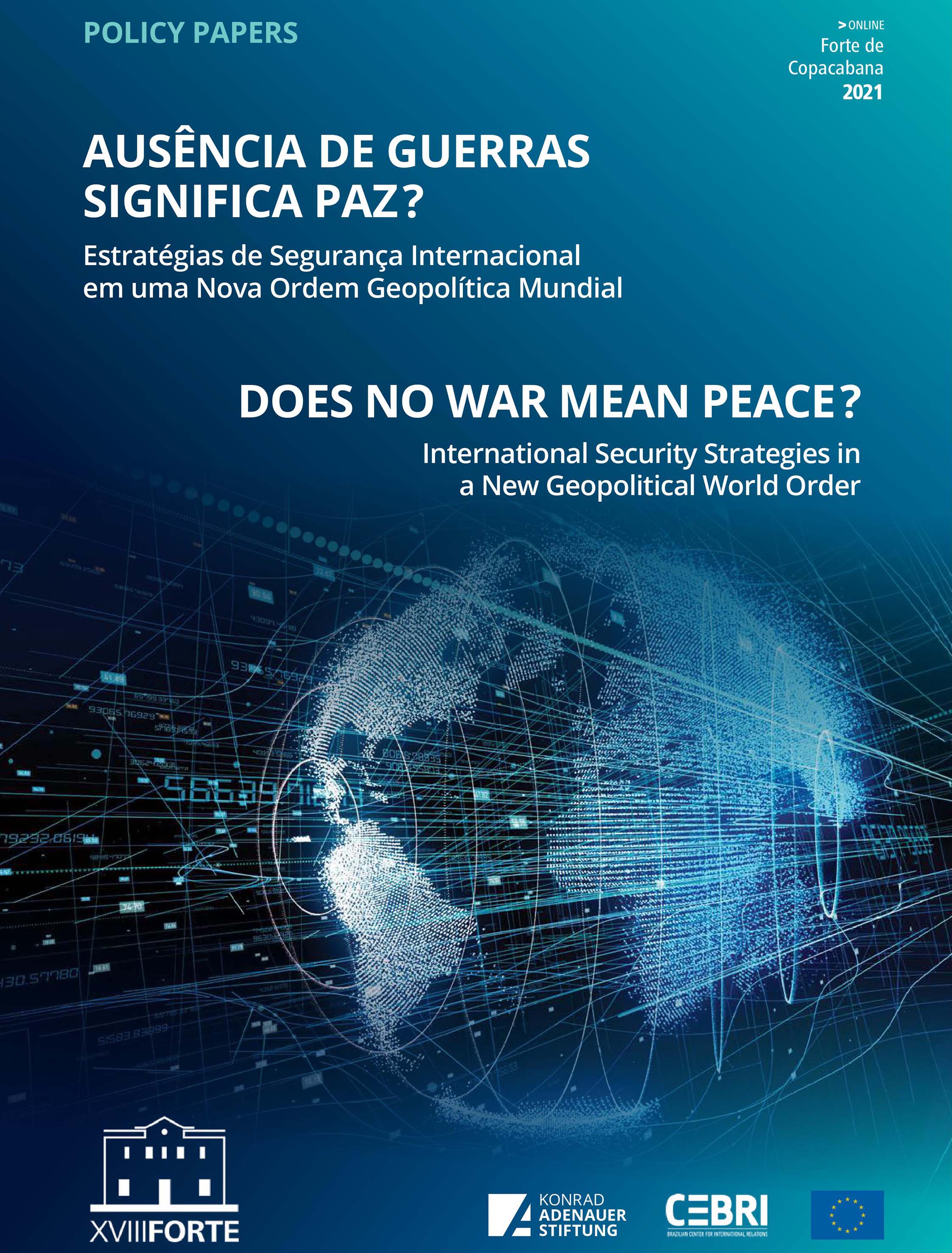









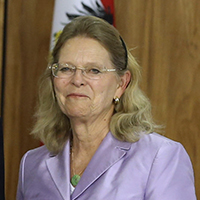
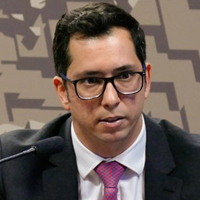






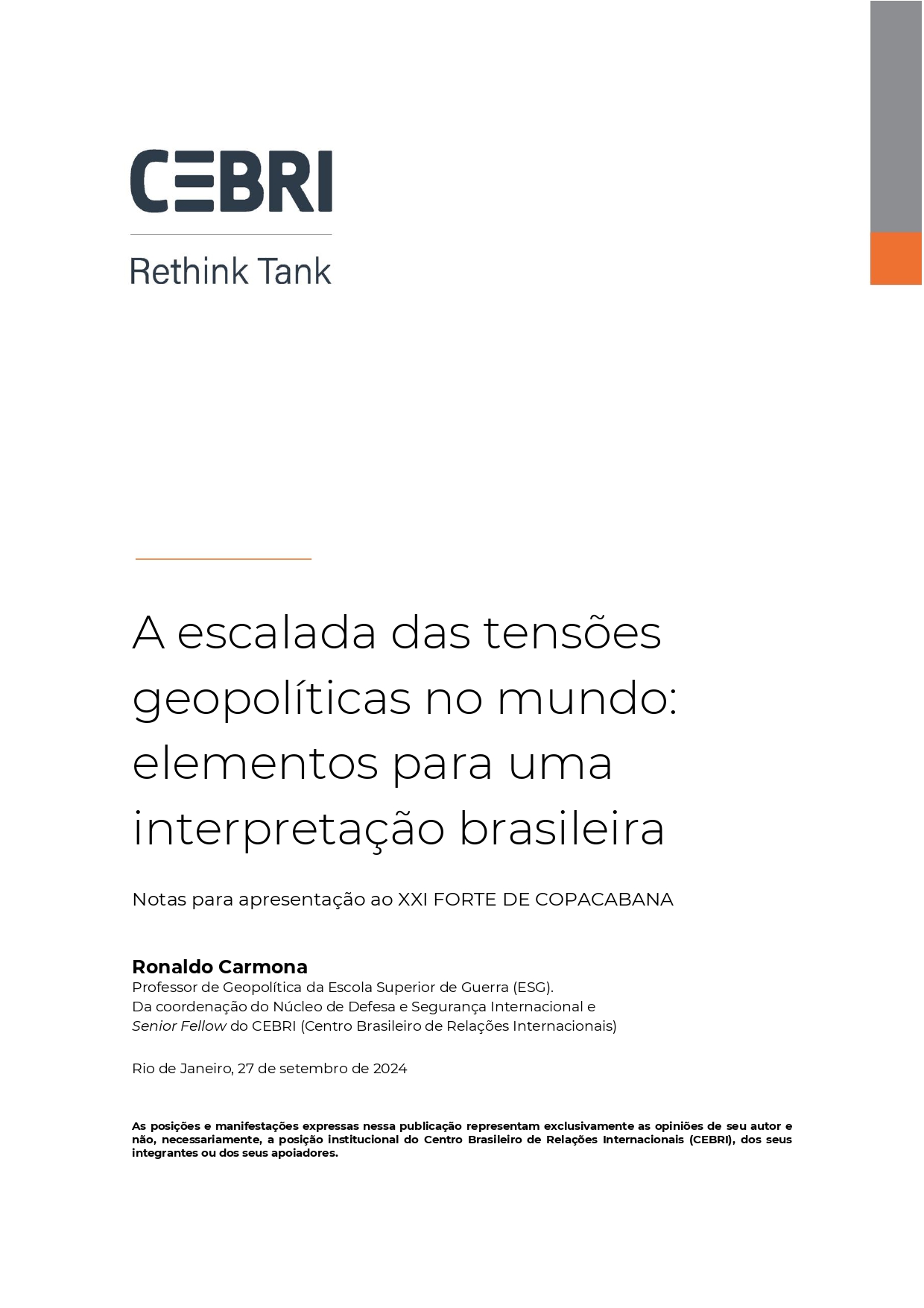
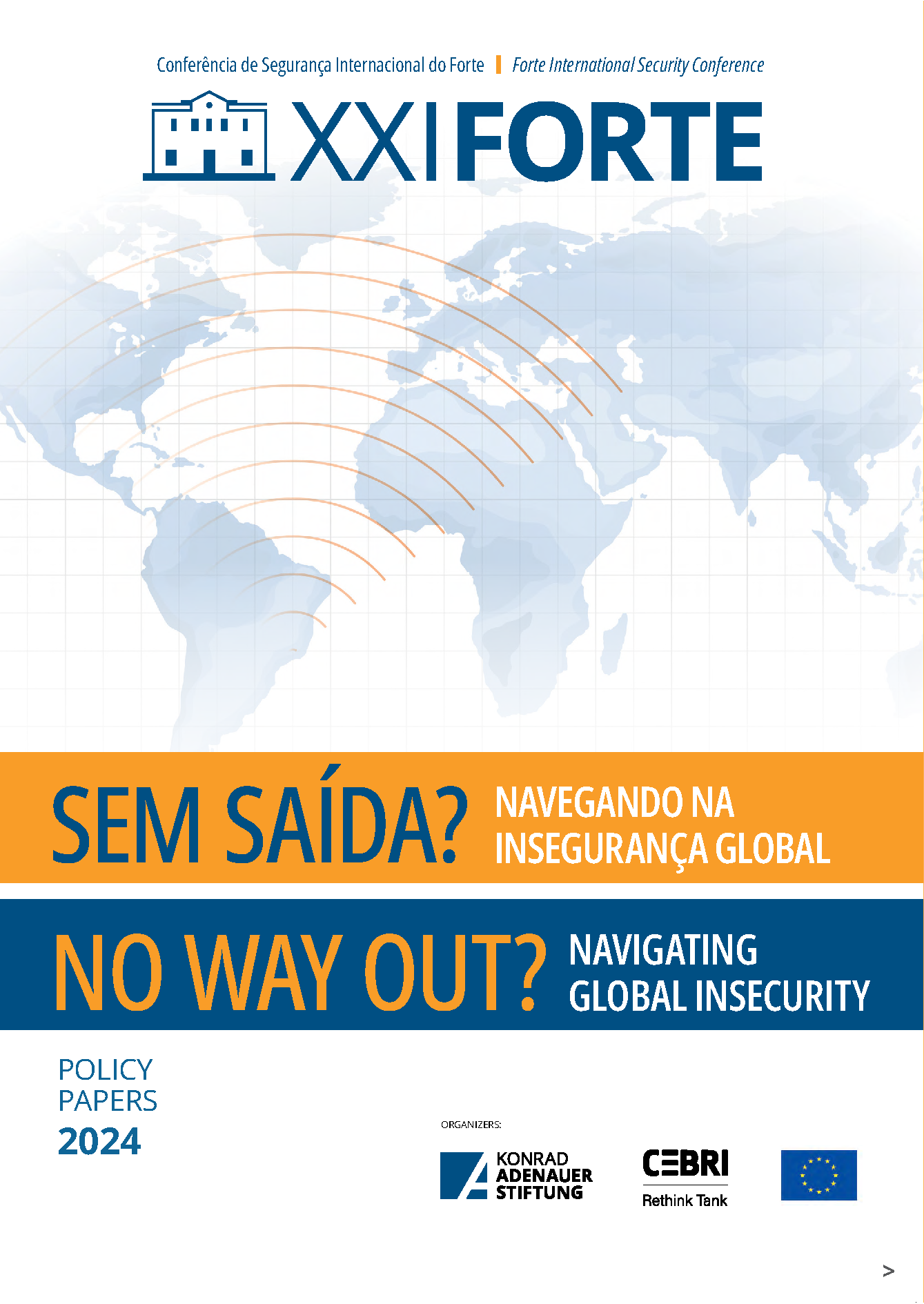
657b10ec18f60.png)
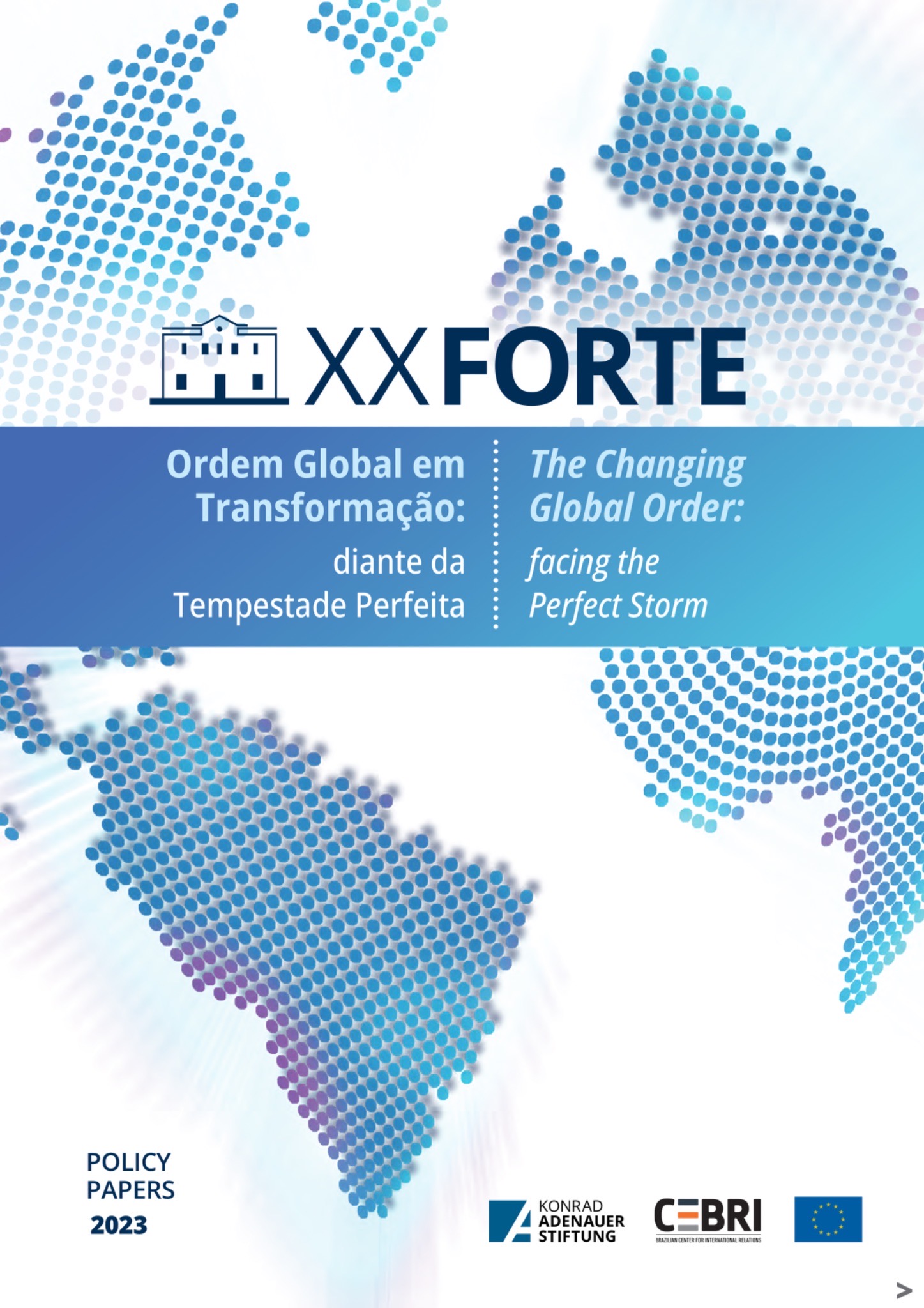
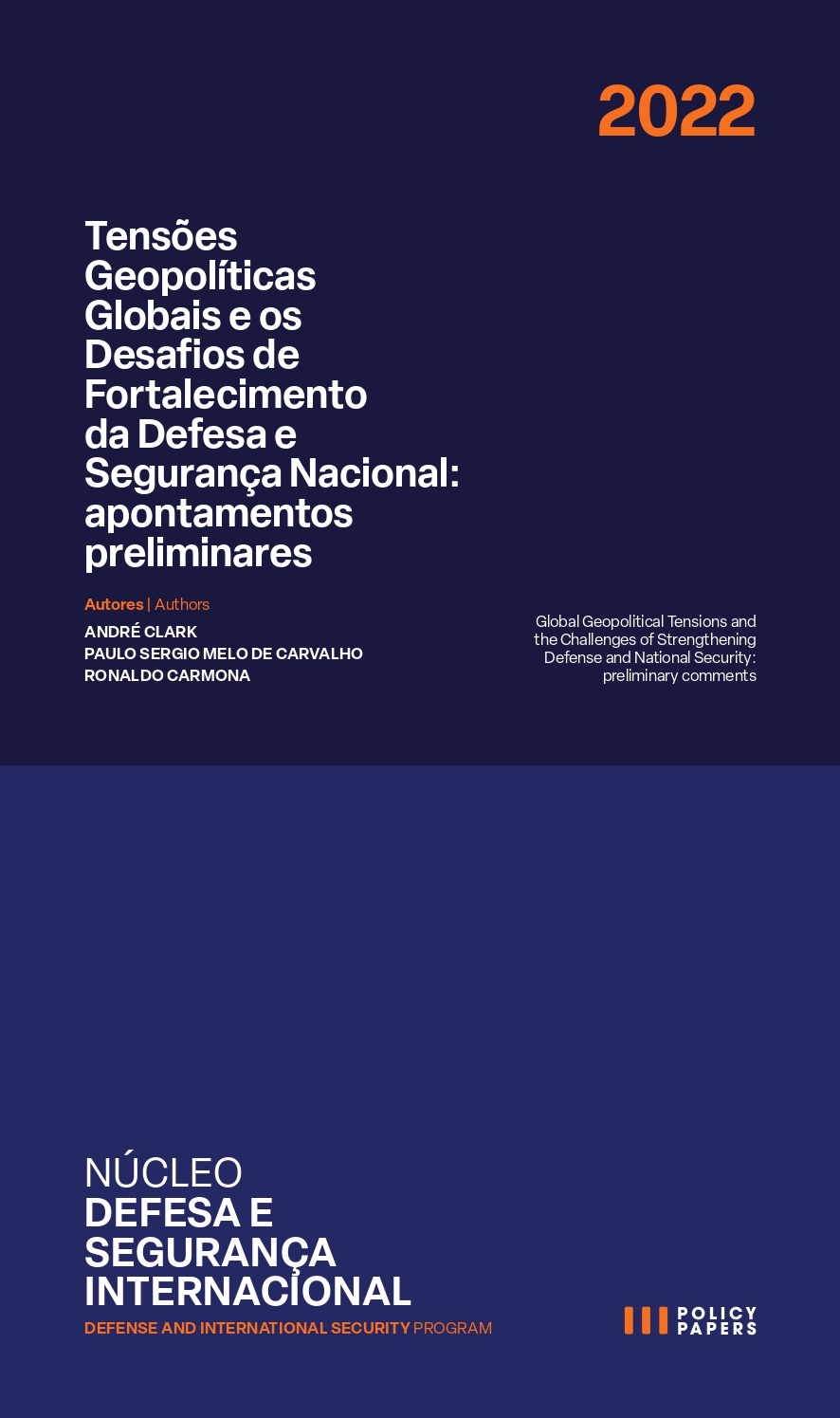
62bdb6a1784a6.jpg)
